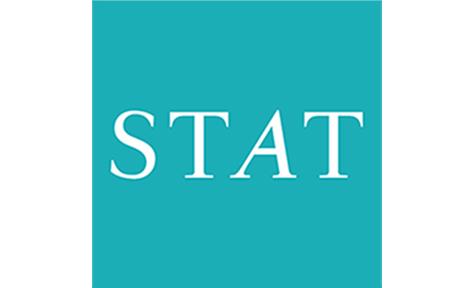Congress is hoping for another major medical research bill.

The bipartisan duo behind a 2016 law that poured billions into medical research want to repeat their success. But so far, the pharmaceutical industry that helped push the first version across the finish line isn’t nearly so eager to lend the new effort much support.
The 21st Century Cures Act has been lauded since its passage for both the funding it included and its revamp of the regulatory landscape for medical breakthroughs. The bill’s architects, Reps. Diana DeGette (D-Colo.) and Fred Upton (R-Mich.) have spent the last four months pushing a sequel, dubbed Cures 2.0, on a mini speaking tour around Washington.
But drug makers and their lobbyists — whose support was critical to the nearly abandoned Cures 1.0 — are busy fending off or negotiating to limit the litany of legislative proposals aimed at lowering the price of prescription drugs, according to four drug industry lobbyists who requested anonymity because they were not authorized to speak on behalf of their clients. At least for now, they’re also concerned that some of those drug pricing bills could ultimately be swept up into any Cures 2.0 package — a fate that nearly befell the first version, even before the issue became a bipartisan priority.
“The inability to get traction on Cures 2.0 is the fault of political rhetoric getting in the way of advancing the public health,” said Peter Pitts, the co-founder of the Center for Medicine in the Public Interest, a think tank that takes money from pharmaceutical makers. “Politicians are now caught up in their own web of anti-pharma rhetoric.”
When Cures 1.0 was signed, Vice President Joe Biden lauded it as an example “that our politics can still come together to do big, consequential things for the American people.”
But getting there wasn’t easy.
The project began in earnest in 2014 and took more than two years of near constant work to get to the president’s desk. All told, there were more than a dozen hearings, a handful of competing bills, and too many skirmishes between lawmakers, advocates, and industry to count. By the time the law was signed, more than 1,400 lobbyists were swarming the halls of Congress angling for changes to the sweeping package. The bill had ballooned to more than 300 pages.
“Seemingly daily, the bill was pronounced dead and then revived again.
“21st Century Cures 1.0 had nine lives,” said Eleanor Dehoney, vice president of policy and advocacy at Research!America.”
***
 “In the last few weeks, DeGette and Upton have spoken to a veritable who’s who of D.C. health care advocacy organizations, including the Pew Charitable Trusts, FasterCures, Research!America, and the National Health Council, to name just a few.”
“In the last few weeks, DeGette and Upton have spoken to a veritable who’s who of D.C. health care advocacy organizations, including the Pew Charitable Trusts, FasterCures, Research!America, and the National Health Council, to name just a few.”
***
“It’s very reasonable for industry to be laser-focused [on drug pricing],” said Dehoney. “But Cures 2.0 is an opportunity for faster medical progress, and I feel that every segment of the research ecosystem will embrace it.”
***
The lawmakers are still in “listening mode,” according to representatives of multiple groups that had recently spoken with the lawmakers.
“What they have said to us is, ‘We’re open to seeing anything that comes our way,’” said Dehoney.
***
But they insist that if any duo can prove doubters wrong, it’s DeGette and Upton.
“This is a dream team of legislators,” said Research!America’s Dehoney. “They’re a known quantity and they’ve been seen to be successful.”
***
For the full article visit:




